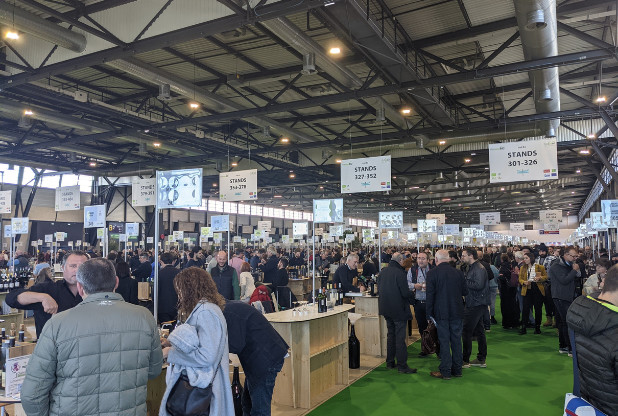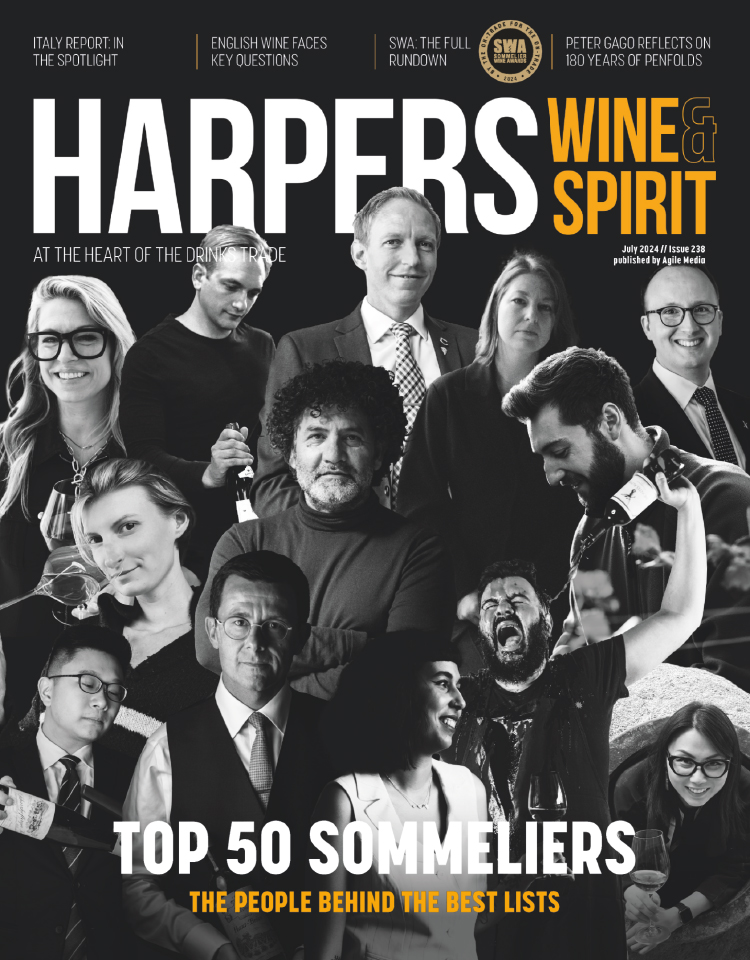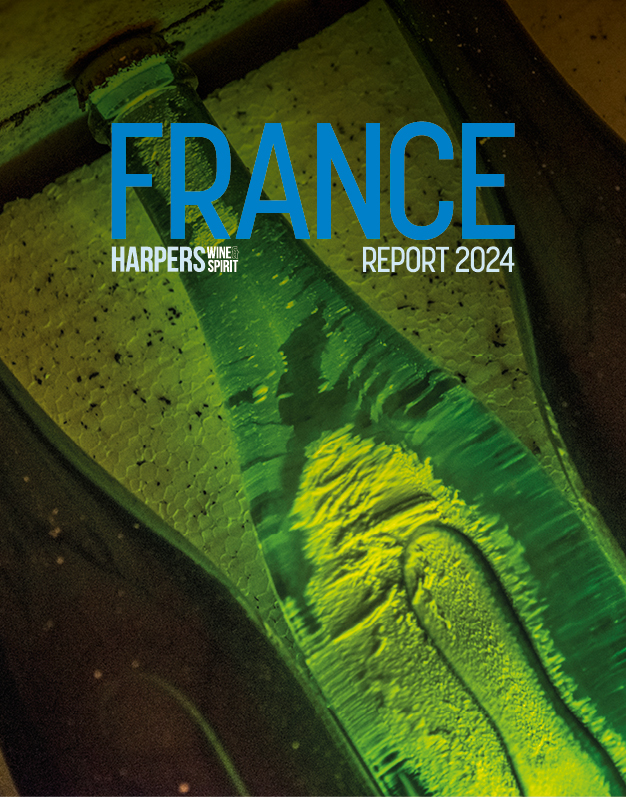
Millesime Bio sets the bar for organic wine
“At the time, organic winegrowers like myself were treated like oddballs.” These are the words of Oliver Azan, a winegrower at Domaine de Petit Roubie in Languedoc.
He was one of the initiators of the very first Millesime Bio exhibition, held 30 years ago in Montpellier. Back then, he was one of just 12 exhibitors, trying to generate awareness of a product few believed in.
Nowadays it is far less unusual for a winery to be organic, and many have had to do so out of necessity.
1 February 2023 marked the end of the 30th Millesime Bio, now a global exhibition for organic wine and other alcoholic beverages. As was the case 30 years ago, the host city was Montpellier, although 1,500 exhibitors took part (as opposed to 12), each with the common goal of promoting organic farming methods.
Shortly after the event, Millesime Bio was confirmed as the leading marketplace for organic wine worldwide, with a total of 10,300 visitors over three days, a 32% increase on last year.
Enthusiasm is undoubtedly growing for the organic sector, which is something that should be applauded. However, the rapid rise in interest is also further evidence of the severity the climate crisis poses for viticulture.
The organic wine market both in France and worldwide reflects this growing demand. According to research conducted by Millesime Bio, the organic wine market in France has grown from €500m in 2010 to €1.2bn in 2021.
Exports of French organic wine have also grown from €480m in 2016 to €560m in 2021 – the UK remains the largest importer of organic French wine.
These increases are also reflected by the growth in certified organic vineyards in France, which have grown from 20,000ha in 2010 to 90,000ha in 2021.
- READ MORE: First ever ‘French Champions’ awarded at VIN
However, it’s not just beneficial for the environment, in tastings, organic wines often show better quality, and this was none more evident than at Millesime Bio.
Oliver Gergaud, professor of economics at KEDGE Business School (Bordeaux campus) said: “If you take organic washing powder, it has to wash well. But what about wine? Does a producer committed to converting to organic produce a better quality or lesser quality wine?”
To find out, Gergaud helped create a database of French wines scored by three renowned guides. The results found that organically certified French wines had higher scores than conventional wines. On average, organic wines scored 6.8 percent higher.
Gergaud added, “Just because you farm organically doesn’t mean your products are good. What our research demonstrates is that winegrowers who go organic, and even more so biodynamic, improve the quality of their wine and that is a fact.”
The majority of consumers, when made fully aware of the benefits of organic wine, would be hard-pressed not to follow the organic trend. However, organic wines do tend to be more expensive than their more conventional equivalents, which presents yet another challenge to producers, especially during a cost-of-living crisis.
Speaking at the event Patrick Guiraud, a winegrower in the Camargue, feels that higher prices for organic wine are justified.
He said: “The ‘right price’ for an organically farmed wine is one that must first and foremost ensure that the winegrower can make a living out of his or her work. Organic winegrowing requires greater manpower – producing environmentally-friendly wine costs more money but is also beneficial to all, both for preserving biodiversity and for food safety. And it creates jobs. But what is also important is that winegrowers can justify their prices by making choices, mainly in terms of yields, which will increase the average quality of organic wines.”
As a result, higher prices don’t necessarily deter consumers, especially if the wine is of a higher quality, ensuring that the customer is getting good value for money.
In Denmark, for example, the share of organic consumption is twice as high as in France. The difference stems from a strong investment in raising awareness among both distributors and the people themselves. This is according to Paul Holmbeck, an advisor for governments and NGOs on issues related to agricultural and food systems.
“One key difference in Denmark are the organic partnerships built by Organic Denmark with all supermarket chains operating in the country; helping position organic products better in their stores and helping retailers to communicate why organic products are much better for consumers. This is how we achieved organic market shares of 30-60% for many basic foods,” said Holmbeck.
“With the strong support from the EU on organic policy, active use of CAP strategic plans to grow organics, and the opportunity for new game changers like lower VAT on organic food, the organic toolbox is ready for strong organic growth.”
Thirty years on from the first Millesime Bio, the magnitude of the event today, with exhibitors into the thousands, mirrors the advancements made by vineyards in France and across the world over the past three decades.
There is clearly an appetite to make further progress, with the hope that in another 30 years, this trailblazing event in Montpellier will be but one of several organic wine conferences, in an industry almost entirely made up of organic wine producers.
For a more in-depth review to the 2023 Millesime Bio be sure to read the Spring Sustainability Report in the April edition of Harpers magazine.







